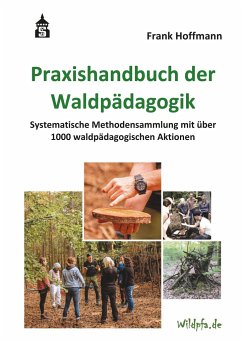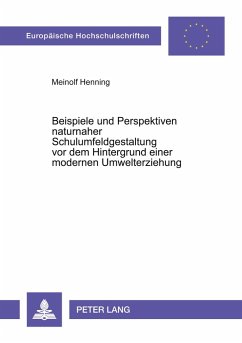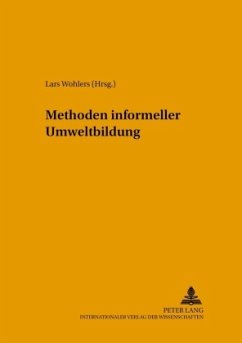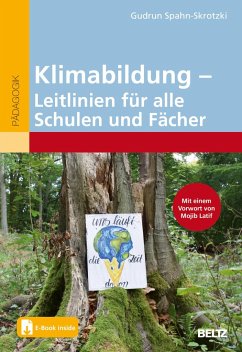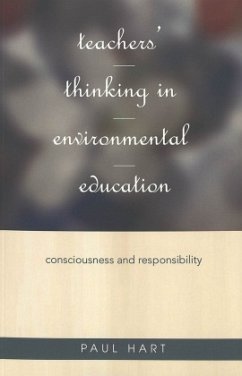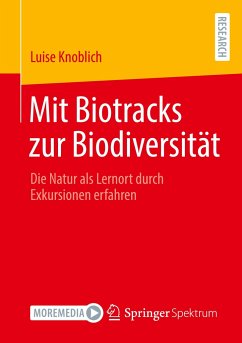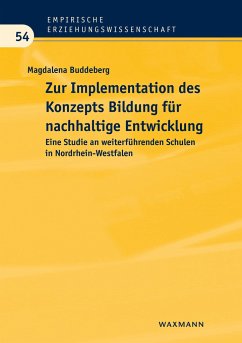Nicht lieferbar
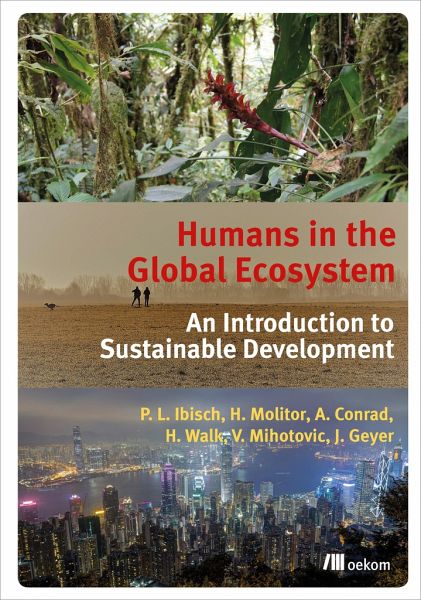
Humans in the Global Ecosystem
An Introduction to Sustainable Development
Herausgegeben: Ibisch, Pierre L.; Molitor, Heike; Conrad, Alexander; Walk, Heike; Mihotovic, Vanja; Geyer, Juliane
Versandkostenfrei!
Nicht lieferbar
The term 'sustainability' is on everyone's lips, but nevertheless we struggle to transpose the idea into our economic and social structures. This book aims to provide an overview of the relevant discourses, but also - and above all - a stimulus for fresh thinking, with new suggestions for the defence and further development of the concept of sustainable development. It addresses the position of humans in the global (eco)system, and it interprets and applies sustainability as a multi- and inter-disciplinary concept. It is concerned as much with problem analysis as with proposed solutions and wi...
The term 'sustainability' is on everyone's lips, but nevertheless we struggle to transpose the idea into our economic and social structures. This book aims to provide an overview of the relevant discourses, but also - and above all - a stimulus for fresh thinking, with new suggestions for the defence and further development of the concept of sustainable development. It addresses the position of humans in the global (eco)system, and it interprets and applies sustainability as a multi- and inter-disciplinary concept. It is concerned as much with problem analysis as with proposed solutions and with the necessary conditions for sustainable development. The Eberswalde University for Sustainable Development (EUSD) is committed to a comprehensive implementation of sustainability, in all its complexity, in teaching, research, knowledge transfer and operational practice. It was the first German university to develop and implement, in a wide-ranging participatory process involving all staff and students, a detailed programme of sustainable development, and is considered a pioneer in this regard among German higher education institutions. This textbook has grown out of a foundation course lecture on sustainable development at the Eberswalde University for Sustainable Development. The editors conceived the book from that starting point and developed and elaborated it with the help of many colleagues.






